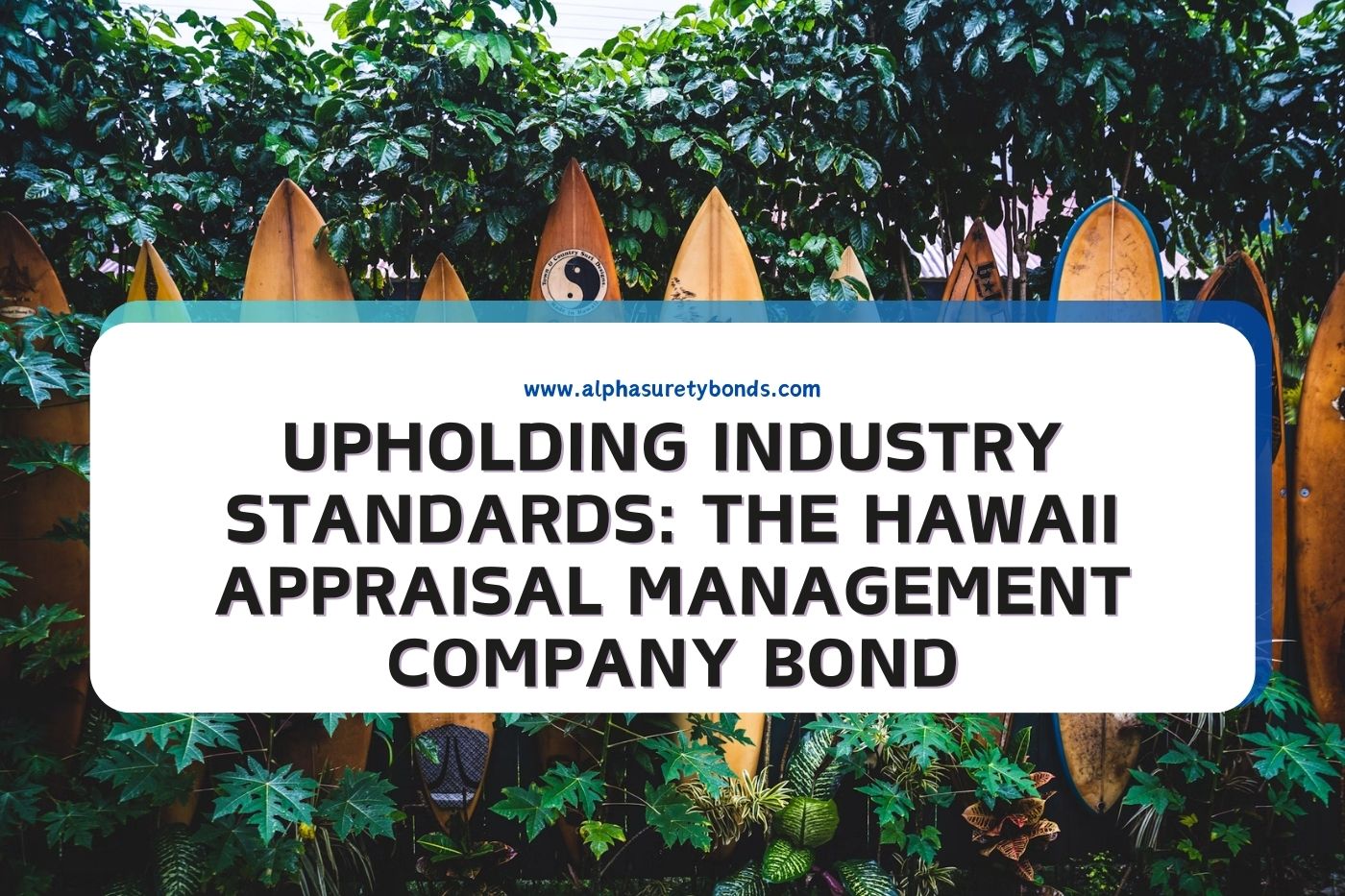Get An Instant Quote on the WI – Cigarette Tax Bond
In Wisconsin, cigarette distributors, manufacturers, and certain retailers are required to obtain a WI – Cigarette Tax Bond as part of their licensing requirements. This surety bond ensures that all cigarette taxes due to the state are properly collected and paid. It acts as a safeguard for the state, ensuring that tobacco sales contribute appropriately to public funds, which are often allocated towards public health and safety initiatives.
This bond is critical for maintaining the integrity of state financial interests, particularly in regulating and tracking the significant revenues generated from tobacco sales. By securing this bond, tobacco businesses not only comply with statutory requirements but also affirm their commitment to responsible business practices. It helps maintain a level playing field among tobacco businesses and protects the state from potential revenue losses due to non-compliance.
This guide will explore the importance of the WI – Cigarette Tax Bond, detailing who needs it, its benefits, and how to obtain one, ensuring that tobacco businesses operate transparently and maintain compliance with state tax laws.
Who is this for?
This bond is necessary for:
- Cigarette Distributors: Entities that distribute cigarettes within the state or to other businesses such as retailers.
- Cigarette Manufacturers: Companies that produce cigarettes and are responsible for the initial distribution and sales.
- Large Retailers: Retail businesses that handle significant volumes of cigarette sales and are required to ensure tax compliance directly.
Features of the Bond
The WI – Cigarette Tax Bond offers several key benefits:
- Financial Assurance: Provides a financial guarantee to the state that tax obligations related to cigarette sales will be met.
- Regulatory Compliance: Helps ensure that all cigarette sales within the state adhere to the regulations and tax rates established by Wisconsin law.
- Consumer Trust: Enhances trust among consumers and business partners by demonstrating the business’s commitment to legal compliance.
- Protection of Public Interests: Ensures that taxes collected from cigarette sales are available to fund state health programs and other public initiatives.
Procedure on how to get the bond
Securing a WI – Cigarette Tax Bond involves a straightforward process:
- Verify Requirements: Determine the required bond amount and specific conditions with the Wisconsin Department of Revenue.
- Select a Surety Provider: Choose a surety bond provider that specializes in tax bonds and offers competitive rates.
- Complete an Application: Submit an application that includes detailed information about your business and financial history.
- Receive and Pay for Your Bond: Once approved, pay the premium and receive your bond certificate.
- File the Bond with the State: Submit the bond to the appropriate state department to complete your compliance requirements.
Why Choose Alpha Surety Bonds
Choosing Alpha Surety Bonds for your WI – Cigarette Tax Bond offers significant advantages:
- Industry Expertise: Our team has extensive experience with tax bonds, ensuring you receive expert advice tailored to your specific needs.
- Efficient Processing: We prioritize efficient processing and quick issuance to help you meet regulatory deadlines without delay.
- Competitive Rates: We offer competitive rates to help manage your costs while fulfilling statutory obligations.
- Comprehensive Support: Our dedicated customer service team provides ongoing support throughout the bonding process, from application to renewal.










